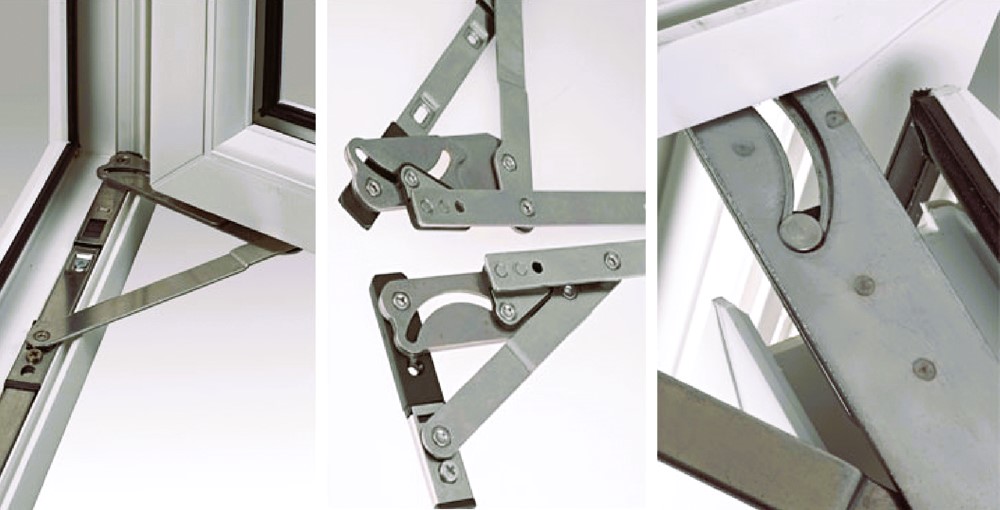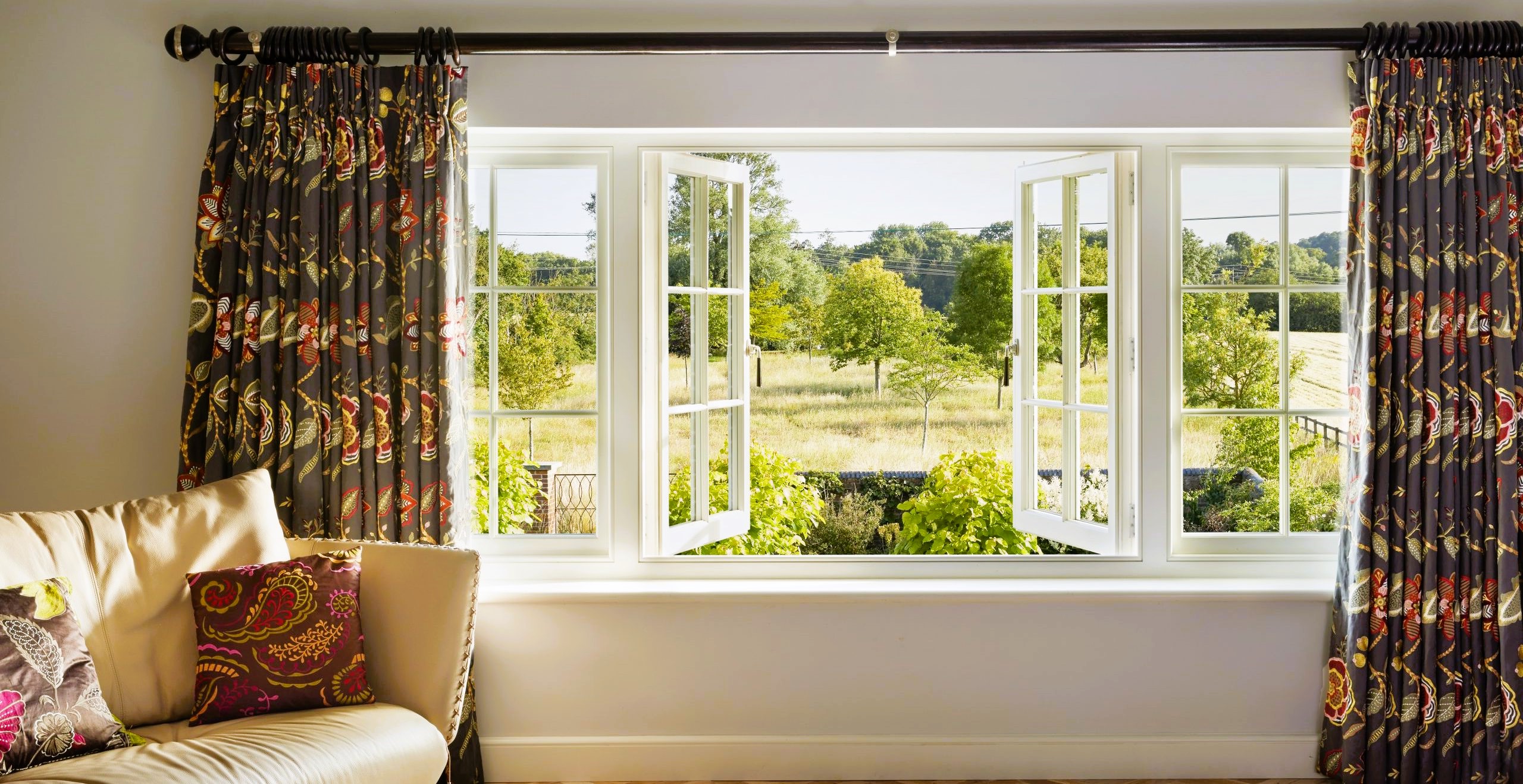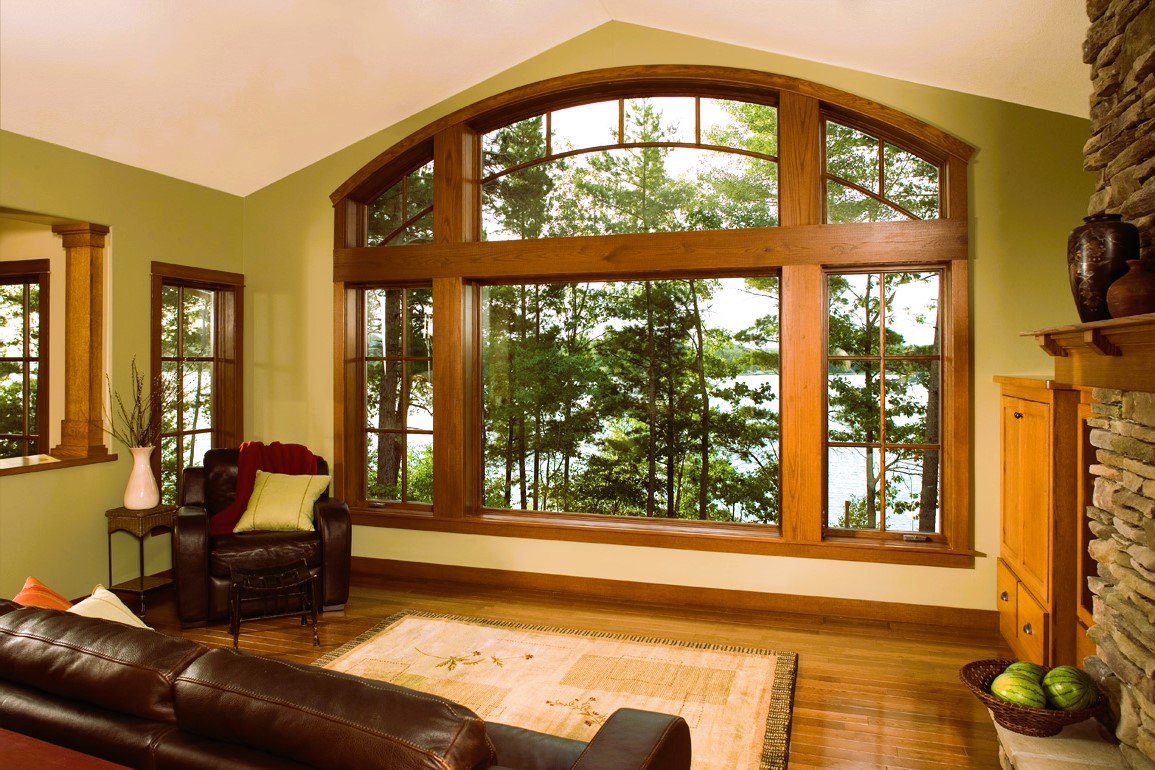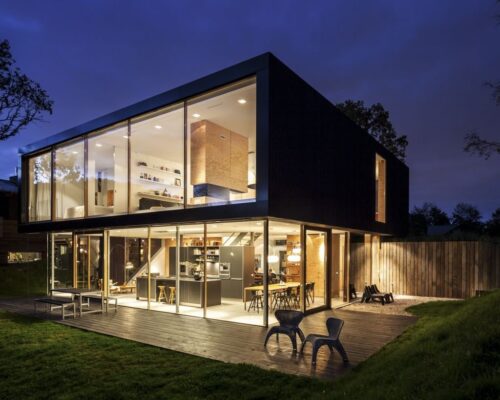Window hinges play a crucial role in the smooth operation and functionality of windows. They provide the necessary support and movement for opening and closing windows effortlessly. However, selecting the right window hinges can be a daunting task, as various factors need to be considered. In this article, we will guide you through the process of selecting the perfect window hinges for smooth operation.
- Window Type:
The first step in selecting window hinges is to consider the type of window you have. Different window types require specific hinge designs to ensure proper operation. Common window types include casement, awning, sliding, and double-hung windows. Each window type has unique requirements in terms of hinge placement, movement, and load-bearing capacity. Understanding the specific needs of your window type will help you narrow down the hinge options.
- Window Material:
The material of your window frames will also influence the choice of hinges. Common window frame materials include wood, aluminum, vinyl, and uPVC. Each material has different characteristics in terms of weight, strength, and expansion/contraction properties. It is important to select hinges that are compatible with the material of your window frames to ensure proper fit and long-term functionality.
- Weight and Size of the Window:
The weight and size of the window are critical factors in determining the appropriate hinges. Heavier and larger windows require hinges with higher load-bearing capacities to support the weight and ensure smooth operation. It is essential to consult the manufacturer’s guidelines or seek professional advice to select hinges that can handle the specific weight and size of your windows. Types, functions and security benefits of window locks, in this article.
- Opening Angle:
Consider the desired opening angle of your windows. Some hinges allow windows to open fully, while others restrict the opening angle for safety or architectural reasons. For example, casement windows typically open outward up to 90 degrees, while awning windows open outward from the bottom with a limited opening angle. Ensure that the hinges you choose can accommodate the desired opening angle of your windows.
- Security and Safety Features:

Window hinges can also contribute to the security and safety of your windows. Look for hinges that have built-in security features such as locking mechanisms or child safety restrictors. These features can provide added protection against forced entry and ensure the safety of children or pets near open windows.
- Aesthetic Considerations:
While functionality is paramount, the aesthetic appeal of window hinges should not be overlooked. Hinges are visible when the window is open, and they can contribute to the overall design and visual appeal of your windows. Choose hinges that complement the style and finish of your window frames, whether it’s a sleek modern look or a traditional and ornate design.
- Quality and Durability:
Investing in high-quality hinges is crucial for long-term performance and durability. Look for hinges made from durable materials such as stainless steel or solid brass, which can withstand the elements and resist corrosion. Consider hinges that come with warranties or certifications to ensure their quality and reliability.
- Professional Consultation:
If you are unsure about the appropriate hinges for your windows, it is advisable to seek professional consultation. Window manufacturers, suppliers, or installers can provide expert guidance based on your specific requirements and help you select the perfect hinges for smooth operation.
In conclusion, selecting the perfect window hinges for smooth operation involves considering factors such as window type, material, weight, opening angle, security features, aesthetics, quality, and professional advice. Taking the time to choose the right hinges will ensure the proper functioning of your windows, enhance their durability, and contribute to the overall functionality and aesthetic appeal of your home.







